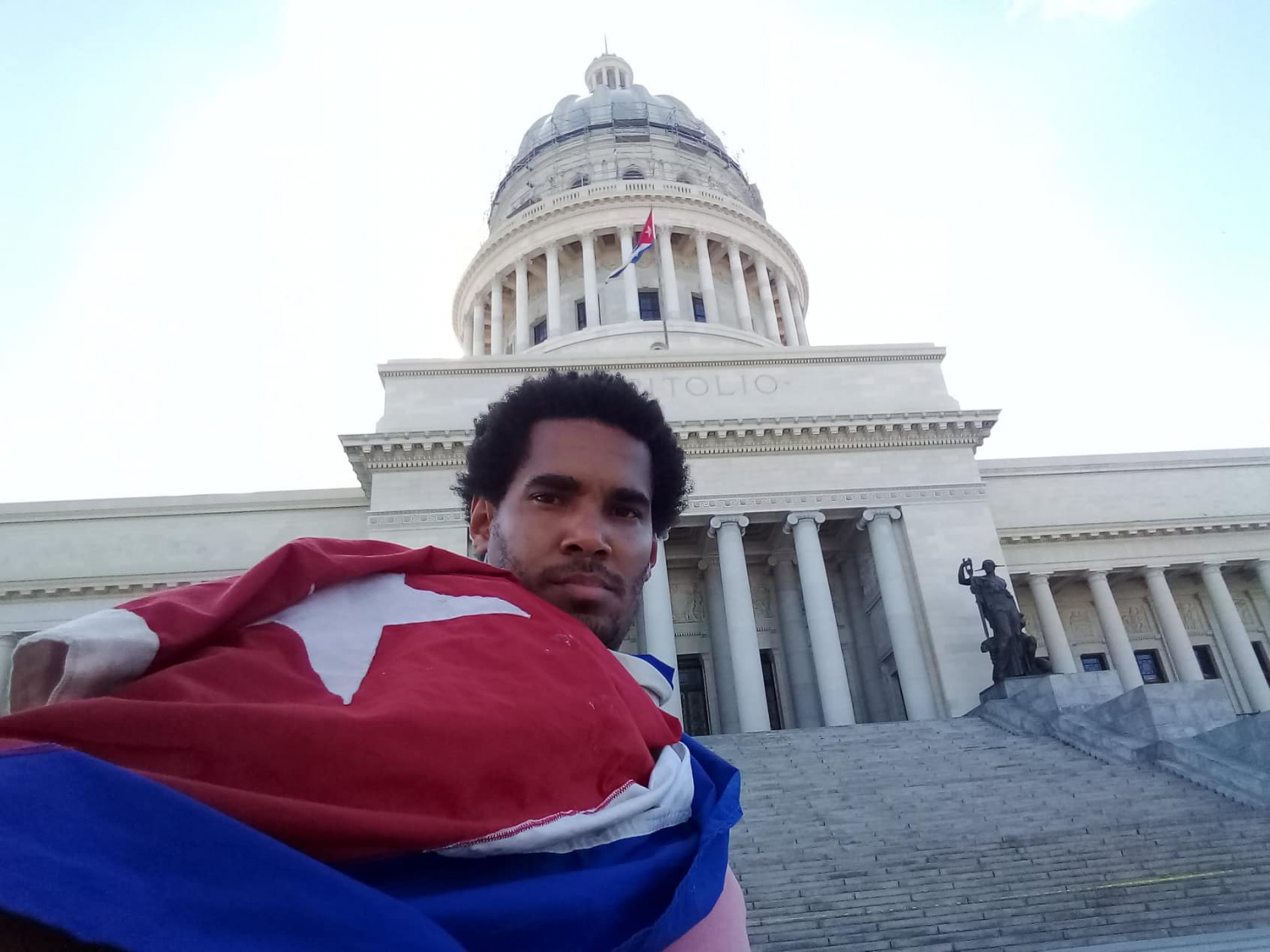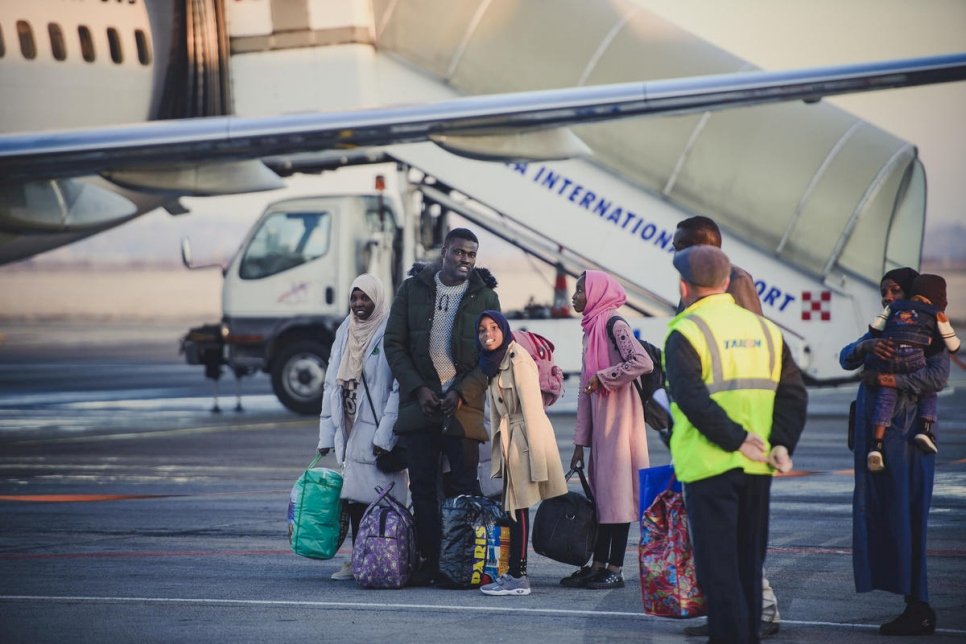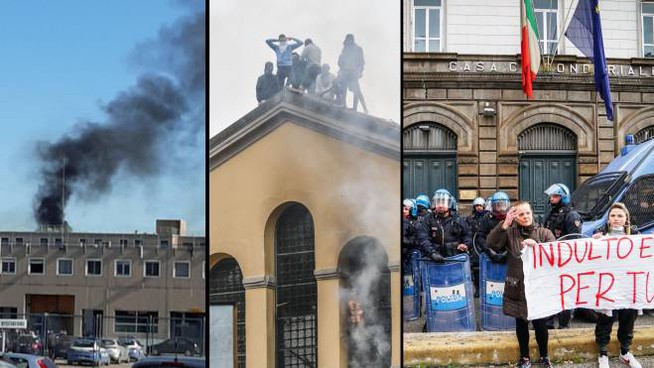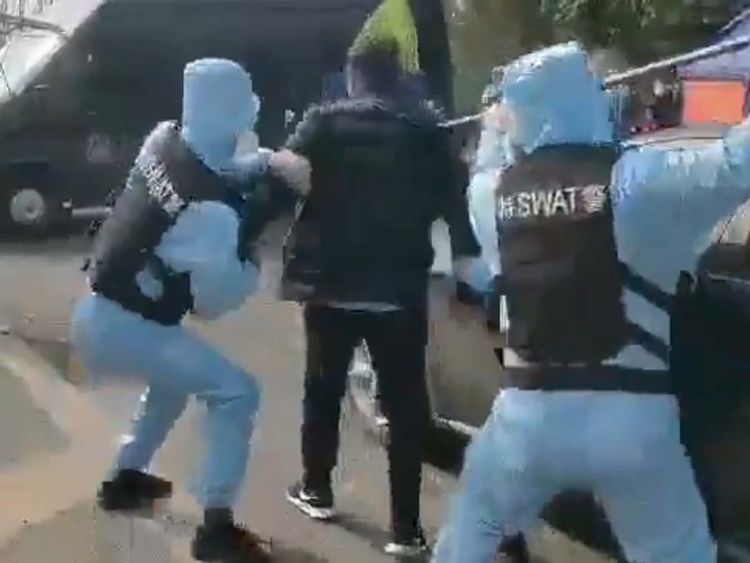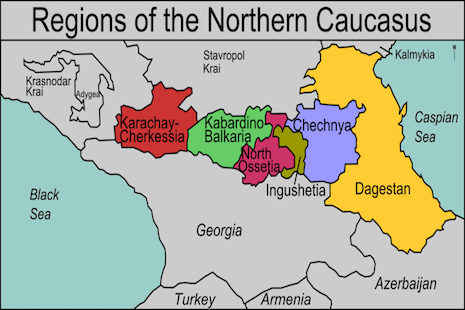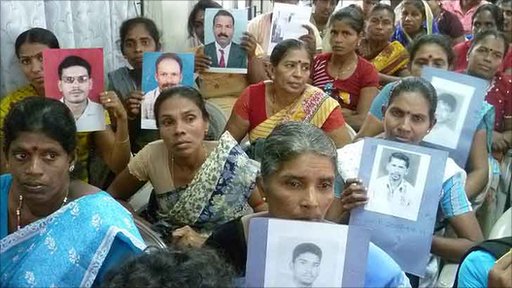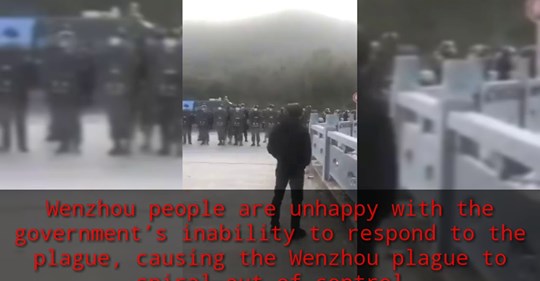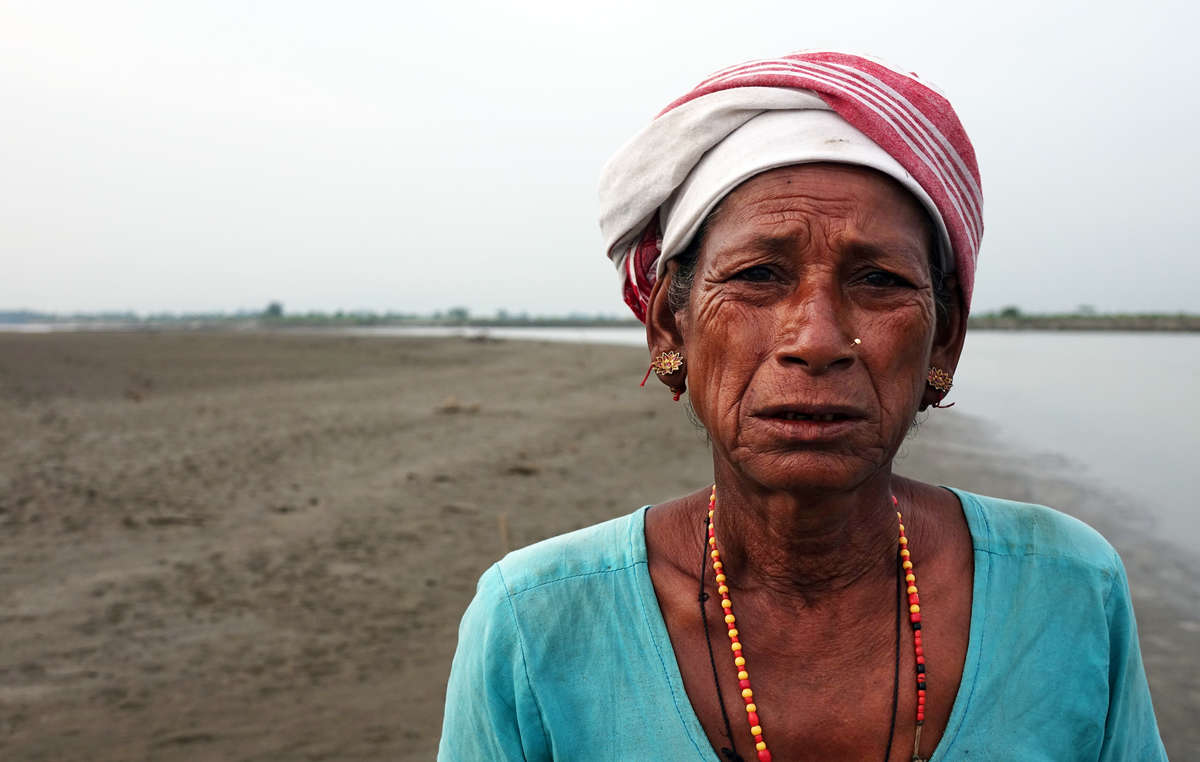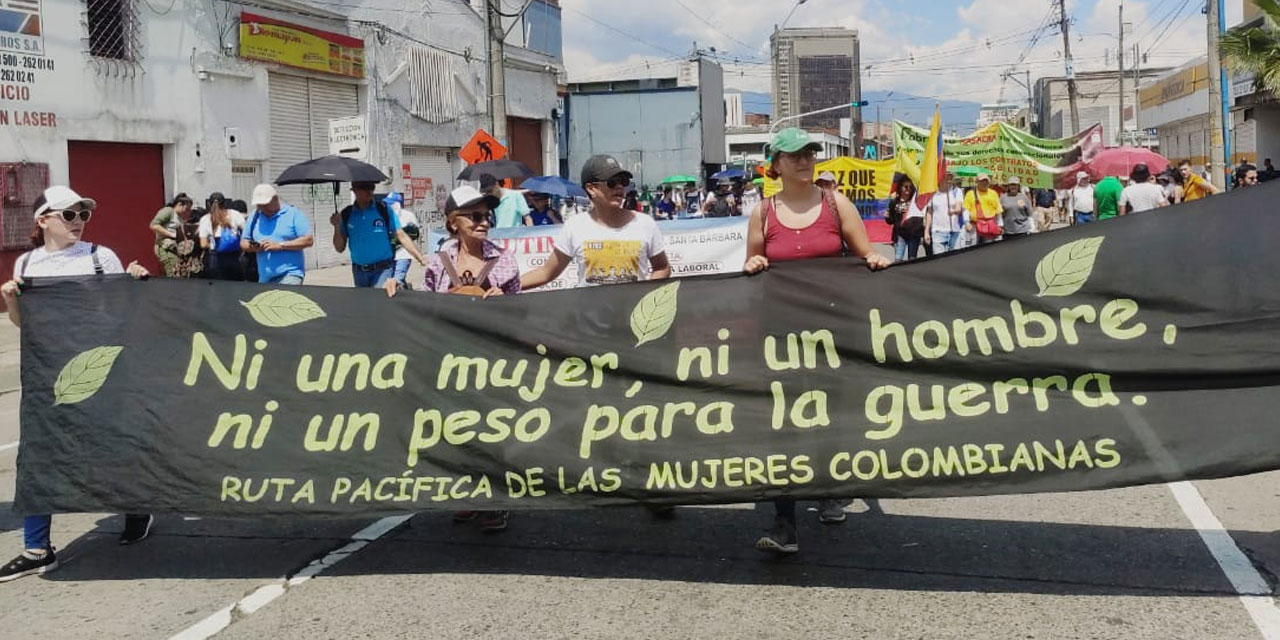
DoJ seeks new powers during COVID-19 outbreak
The Department of Justice has called on Congress to grant the US Attorney General emergency powers during the COVID-19 pandemic. The proposal would allow federal judges to pause court proceedings, giving them the ability to detain people indefinitely without trial. Critics such as Norman L. Reimer, director of the National Association of Criminal Defense Lawyers, are raising concerns over violation of habeas corpus rights. Reimer said the proposal “means you could be arrested and never brought before a judge until they decide that the emergency is over. I find it absolutely terrifying.” (Photo via Jurist)



